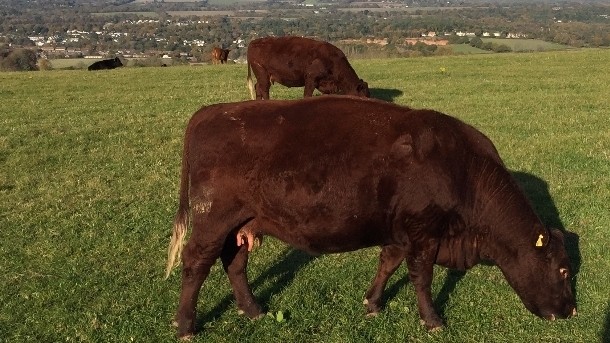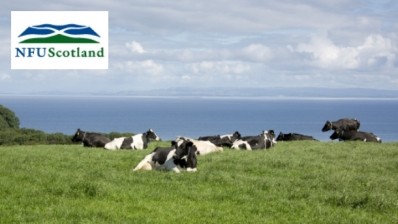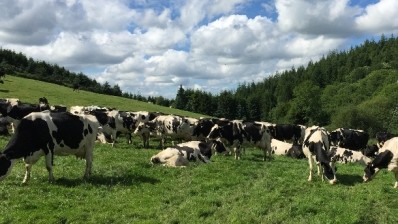Second report on Milk Package looks to possible extension

According to the Commission, after three years of implementation, European farmers are increasingly using the tools provided by the Milk Package.
The measure allowing collective negotiation is designed to reinforce the bargaining power of milk producers, whilst written contracts offer better transparency and traceability to farmers.
Report was due later
The report was initially due to be delivered in 2018, but due to the ongoing problems in the dairy sector, the EU Commissioner for Agriculture, Phil Hogan, decided to bring the report forward to the end of 2016.
Hogan said that the report shows that there are measures that can be taken at EU level to secure a better position for dairy farmers in the supply chain.
The report also examines further possibilities for dairy farmers, such as Producer Organisations (POs) and collective negotiations – which are not yet fully exploited by Member States, producers' and farmers' organizations, and outlines ways of making these more effective both at EU and Member State level.
The report concludes that an extension beyond 2020 should be considered.
NFU supports measures
Michael Oakes, dairy board chairman at the National Farmers’ Union in the UK, renewed his call for POs after the report was published.
“We must develop a collaborative dairy industry that can compete effectively in the UK and on the world markets,” Oakes said.
He added that the NFU had always promoted and encouraged POs.
“It’s a shame that many UK milk buyers, both large and small, see POs as a threat and have publically said that they will not work with farmers who are part of a PO.
“Today in the dairy farming sector, collaboration is the key and the NFU sees POs as a vital part of developing new relationships in the UK dairy sector.”
Copa & Cogeca position
Copa & Cogeca also supports the EU milk package being extended after 2020, and echoed the importance of POs.
Chairman of the Copa & Cogeca working party on milk and dairy products, Thierry Roquefeuil, said that dairy farmers have suffered recently, and the package helps strengthen their position.
However, he said that while the market situation is improving, Copa & Cogeca is disappointed by the European Commissions’ latest move to start putting skimmed milk powder (SMP) stocks back onto the EU market, saying it is “too early.”
“The dairy package is not however sufficient to meet all the challenges,” Roquefeuil said.
“It needs to be complemented by tools to help protect farmers’ incomes against risks like fixed price contracts, futures markets. A more efficient safety net is also essential. Risks on the external market could also be covered via export credit insurance.”
Background
Adopted under co-decision in 2012, the Milk Package was aimed at strengthening the position of dairy producers in the dairy supply chain and preparing the sector for a more market-oriented and sustainable future.
Member States have the option to make written contracts between farmers and processors compulsory in the milk sector, and farmers can negotiate contract terms collectively, within certain limits.
The package also sets out specific EU rules for inter-branch organizations, and Member States are allowed, under certain conditions, to apply rules to regulate the supply of PDO/PGI cheeses.
The package also includes measures enhancing market transparency.







